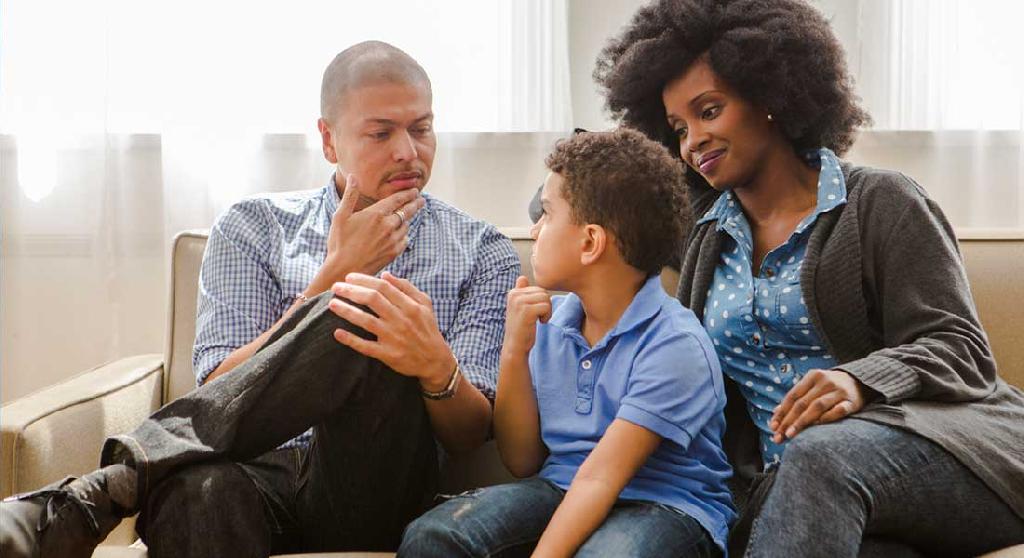Crucial Conversations: Discussing suicide and mental health
Kitchen-table discussions about suicide and psychiatric illnesses can be scary and complex, but having difficult conversations is an important part of destigmatizing the issue.

Talk openly about your concerns about suicide and the impact of suicide deaths on your own feelings and the community, even with children and adolescents who likely know about the suicides through media or peers.
Skyland Trail’s hope is that members of our community are equipped to engage in discussions with families, friends, and others in a way that uses evidence, science and compassion to help confront misconceptions and spread awareness about how suicides can be prevented.
How to Talk About Suicide
- Suicide is not taboo. Talk openly about your concerns about suicide and the impact of suicide deaths on your own feelings and the community, even with children and adolescents who likely know about the suicides through media or peers. But avoid “glamorizing” suicide; do not describe lethal means or suicide notes left behind.
- Use direct and appropriate language. Avoid criminalizing the behavior. Don’t say “He committed suicide.” Instead say, “He died from suicide.” Please call them suicide attempts and completed suicides rather than “unsuccessful” and “successful” suicides. A completed suicide is a failure, and we don’t want to send mixed messages.
- Be honest. Even though celebrities have fame and money and are believed to live “charmed” lives, it is clear that people who die from suicide are troubled. Kate Spade may have had a mood disorder, and Anthony Bourdain likely had mental health and substance misuse issues as well. Treatable mental illnesses are usually associated with suicide.
- Mental illnesses are medical problems associated with suicides. Just like a heart attack is not selfish, a personal weakness or a character flaw, neither are suicides.
- Suicide is preventable. Mental illnesses can be (and need to be) treated just like any other medical problem.
- If you are worried that someone you know may be considering suicide, don’t be afraid to ask about it. Research has proven that talking about suicide does not introduce the notion of suicide into someone’s head who isn’t already contemplating it.
- Access to lethal means is key. Please ask anyone who may be contemplating suicide to get their firearms out of their homes until they feel better. This will save lives.
- Finally, believe it when someone says they are thinking about suicide. Call 9-1-1 or escort the person to the emergency department for assessment. Please don’t shoulder this significant responsibility alone!
It is tempting to try to analyze and understand why people who seem to have fabulous lives attempt suicide. Suicide research and clinical experience suggest prevention not retrospective analysis is key: talk about suicide with people in your community, offer help when needed, be assured in the knowledge that suicide is preventable when people struggling get help and feel connected to a caring community. Skyland Trail is one such caring community, and the passion for our continued mission of helping people with mental illnesses recover from them and live full and meaningful lives has never been stronger or more important.
